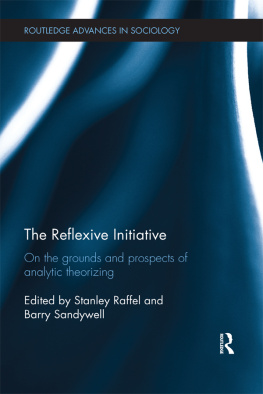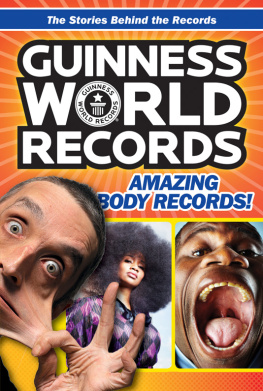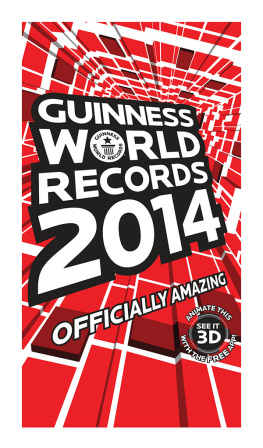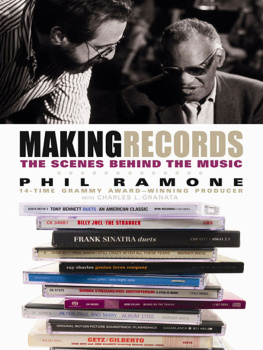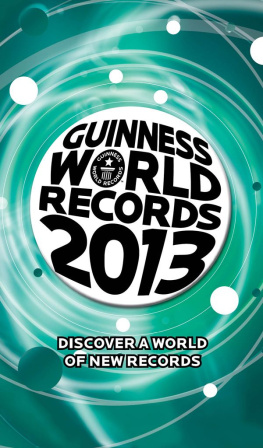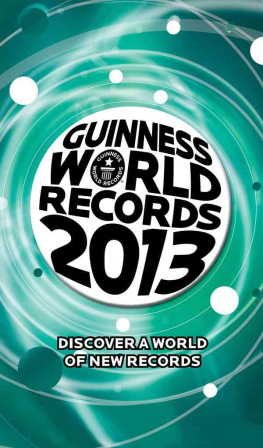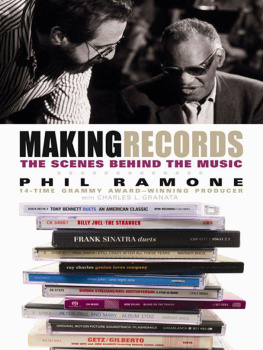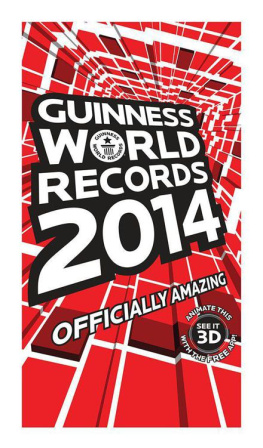ROUTLEDGE LIBRARY EDITIONS:
SOCIAL THEORY
Volume 43
MATTERS OF FACT
First published in 1979
This edition first published in 2015
by Routledge
2 Park Square, Milton Park, Abingdon, Oxon, OX14 4RN
and by Routledge
711 Third Avenue, New York, NY 10017
Routledge is an imprint of the Taylor & Francis Group, an informa business
1979 Stanley H. Raffel
All rights reserved. No part of this book may be reprinted or reproduced or utilised in any form or by any electronic, mechanical, or other means, now known or hereafter invented, including photocopying and recording, or in any information storage or retrieval system, without permission in writing from the publishers.
Trademark notice: Product or corporate names may be trademarks or registered trademarks, and are used only for identification and explanation without intent to infringe.
British Library Cataloguing in Publication Data
A catalogue record for this book is available from the British Library
ISBN: 978-0-415-72731-0 (Set)
eISBN: 978-1-315-76997-4 (Set)
ISBN: 978-1-138-78620-2 (Volume 43)
eISBN: 978-1-315-76351-4 (Volume 43)
Publishers Note
The publisher has gone to great lengths to ensure the quality of this reprint but points out that some imperfections in the original copies may be apparent.
Disclaimer
The publisher has made every effort to trace copyright holders and would welcome correspondence from those they have been unable to trace.
First published in 1979
by Routledge & Kegan Paul Ltd
39 Store Street, London WC1E 7DD,
Broadway House, Newtown Road,
Henley-on-Thames, Oxon RG9 1EN and
9 Park Street, Boston, Mass. 02108, USA
Set in Palatino by
Bishopsgate Press Ltd
and printed in Great Britain by
Redwood Burn Ltd
Trowbridge and Esher
Stanley H. Raffel 1979
No part of this book may be reproduced in
any form without permission from the
publisher, except for the quotation of brief
passages in criticism
British Library Cataloguing in Publication Data
Raffel Stanley
Matters of fact.
1. Records Social aspects 2. Knowledge, Sociology of
I. Title
ISBN 0-7100-0034-0
Contents
In 1965, I was fortunate enough to meet two people who were willing to teach me, Peter McHugh and Alan Blum. The various results, practical and theoretical, of my on-going relationship with them are too diverse to acknowledge here. However, I can and should record some of the high points in the story of how this particular work is indebted to them.
Blum first suggested that I study records. Furthermore, as he has done repeatedly in similar situations since, he was willing to devote his energy and creativity to the mundane task of finding a way where none seemed to exist for me to pursue my studies. My efforts to look at records in terms of their idea began with a devastating but (typically) totally honest critique McHugh made of my first attempt to write about records. Later, when a draft was in deep intellectual and administrative trouble, they undertook a major and time-consuming salvage operation, providing me with fresh ideas for a reformulation, help with the writing, and principled advice for overcoming the administrative hurdles. Still later, when there was yet another crisis, this time over publication, they intervened with ideas not just for overcoming publishers reservations, but at the same time making the work a truer statement of what I wanted to say.
Elaine Samuel has helped me to develop many of the ideas reported here. In addition, she has edited at least three drafts with understanding, intelligence, and even affection.
Life in Edinburgh was made lively and rewarding largely through associations with a few gifted students, Patrick Colfer, James Stewart, Colin May, Mick Campion, and Janet Parry. Ideas generated in innumerable conversations with them have found their way into this manuscript.
Gianfranco Poggi has read two previous drafts very carefully. I must also thank him for providing important practical support just when it was needed.
The hospital data were collected while I was a project supervisor on a medical research project headed by Elliot Freidson, with the assistance of Derek Phillips.
Note: Mont Royal is a cover name for the hospital.
The work reported here, begun as a study of medical records in a large, modern hospital, has broadened into an attempt to formulate the nature of records. The hospital studied is typical of modern hospitals in having an abundance of medical records. There are daily notes by doctors and nurses concerning the health of all patients, past and present. These make up the bulk of what hospital personnel call the medical record. In addition, there is a plethora of records recording most of the important events in a patients hospital career. Long notes reporting on admission and discharge are entered into the record by doctors. When the patient is admitted, he is supposed to have an extensive physical examination, which is duly described for the record, as are any operations the patient may have. Pathologists, social workers, and psychiatrists enter reports of examinations. If a patient dies, that too will be described in detail for the record. If discharged patients are seen in out-patients clinics, reports on these examinations are entered as well. In this study, when we refer to records, it is these medical records which furnish most of our concrete examples. However, as the most distinctive feature of this work is not the subject matter but the way we have decided to approach it, it is necessary to say how we intend to analyse records. The discussion is meant to apply to records in general rather than specifically to medical records.
Instead of beginning with a definition of records, we shall begin with a discussion of what has been said to justify records for sociological use. These justifications turn primarily upon an unstated notion of fact as a relation between record and event, which parallels the idea of language as a relation of words to things. Our concept of what records are will emerge as we consider the idea of a record which is implicit in historical and sociological discussions of records.
Sociologists and historians use records as data which permit them to infer what has happened. Records are, of course, the historians major source of data. Collingwood describes history as follows:
History proceeds by the interpretation of evidence: where evidence is a collective name for things which singly are called documents and a document is a thing existing here and now, of such a kind that the historian, by thinking about it, can get answers to the questions he asks about past events.
Kitson Clark writes that Documents in official archives are necessarily one of the main sources of information for the historian.
The history of historians is two things: (a) a process of examining records and survivals, and, (b) a way of writing up or otherwise presenting the results of that examination.
Records are used by historians to get as close to what actually happened as we can from a critical examination of the best available sources.


